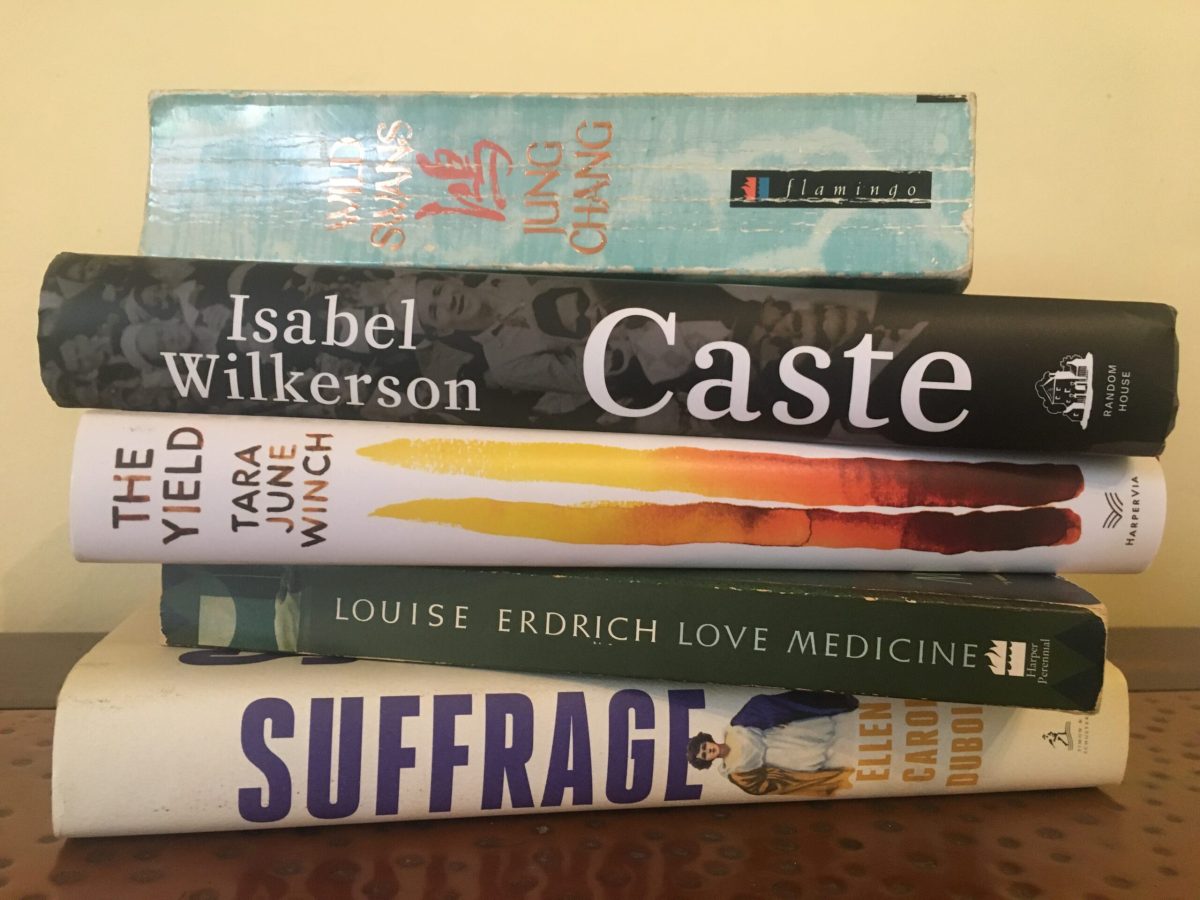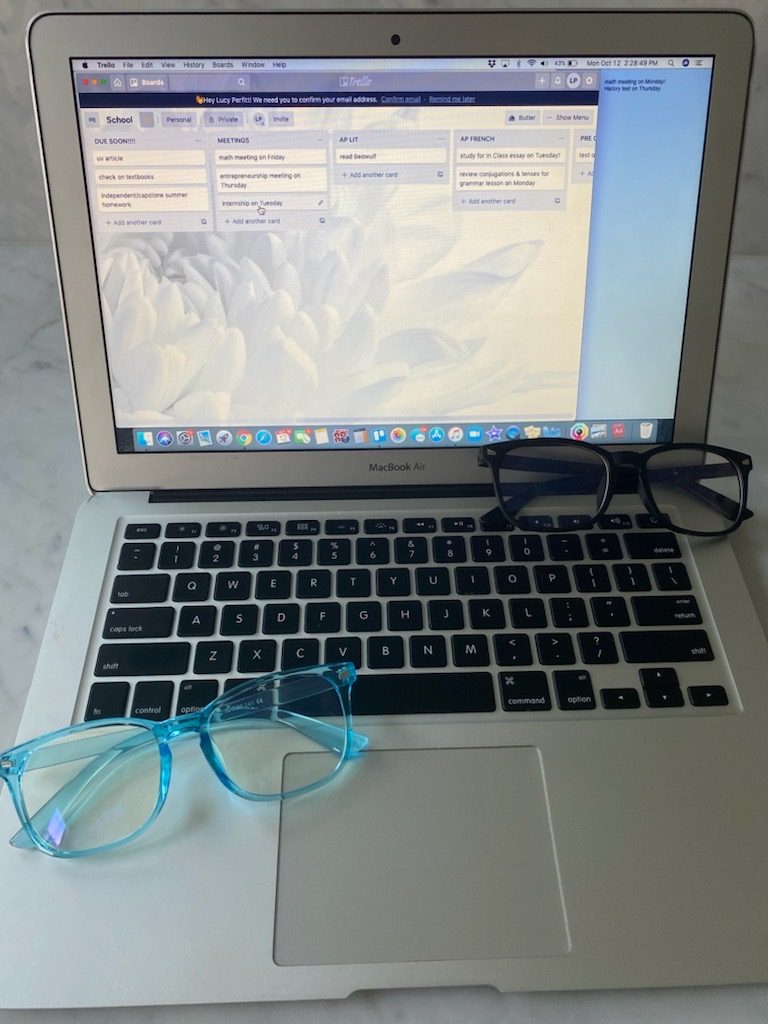I know, I know. Another article about self-care. Trust me, I admittingly deleted any email with “mindfulness” in the subject line, and groaned at the endless advisories about reducing stress and anxiety. Don’t get me wrong, I have always been an avid supporter of mental health advocacy and awareness, particularly in relation to teenagers. However, when it came to myself, I had my doubts on how much I, as a privileged, private-school student, needed to actively think about my mental health. My largest stressor is my extended essay due tomorrow or an upcoming debate tournament. Amid my doubts and with quarantine freeing up my time, I began to reevaluate my own mental health.
I recognized that my stressors were frivolous in relation to others, even my friends. But I decided that instead of spending my free time incessantly scrolling through my “For You” page, I should use the time to do something beneficial to myself. After many vain attempts at different self-care activities, from meditation to baths to screen breaks, I found my go-to stress relief outlet — journaling. Unlike many of my past attempts when I was a child, the venture did not end after a week when the feather on my Justice-bought pink pen fell off. In fact, I’m so invested that I can’t fathom a time when I did not write in my black journal. With the success I found, I’ve decided to share some of my tips for starting your own journal.
- Don’t make it a chore
I think this is one of the most salient takeaways from my time with my journal. Do not think of journaling as an added task in life. I cannot stress enough how important this tip is. The main reason why people fail so often to keep journals, myself included, is because it seems like another thing to check off on a to-do list rather than an outlet for stress. I approach my journal as an imperfect, flexible thing I do; I know imperfection can be a hard concept for Marlborough students to grasp, but it needs to be accepted— trust me it took a lot to relieve myself of my tendency to need to have everything be immaculate, and just concede that my journal does not need to have a daily three page entry nor does it need to use 300 different pens and follow a chic wintery aesthetic. On nights where I’m just too tired to write, I write in my phone three things I’m grateful for or that were major events from the day, call it a day and add it to my journal the next day. Taking the pressure off of the journal, makes it a much more enjoyable endeavor that can actually be beneficial rather than an additional, stressful project.
- Don’t write anything on the first page
One of the hardest things about starting a journal for me was figuring out how to start. It took me days, weeks, just to come up with how to start. I ended up skipping the first page which was invaluable advice I found on the Internet. The first page can be very intimidating, and knowing you can always come back to it, if you need to, eases your mind enough to begin. I started out by writing about my winter break; writing anything will serve as a catalyst for more, so don’t worry about having to start with the perfect entry. Like most things in life, you just need to start and your personal rhythm will fall in place.
- Write down anything you want
What I love most about journaling is that I have no plan about what I write. Each journal entry is different. Some weeks I’ll write out goals, another week I’ll track how often I read, sometimes I’ll write out stresses in my life or reflect on current events, other times I’ll plan out the next day. There really is no method to my madness, I just write whatever is the most helpful in the moment. However, to keep some layer of consistency, each day I’ll write three takeaways or three things I’m grateful for that day. This way, I don’t have to think of something new each day. The overall lack of structure allows my journaling to be more relaxed and free flowing since a journal can sometimes feel contraining if you start out with a specific idea in mind that ties you into a certain route.
- Use Social Media
It can be hard to conjure up prompts or journal entry ideas, however, social media can be a helpful tool. Social media services like Instagram and Pinterest provide endless inspirations for what to write about. From journal prompts to tracking habits to setting goals, these services are filled with users much more knowledgeable, experienced and creative than I am that can offer their expertise. Search “bullet journal” or “self care” and you’ll find results to help spark some ideas that you can then include in your own journal.
It took me a long time but I finally found my outlet. For you it may look different, it may take the form of exercise or reading or yoga, but either way, I encourage you to find it. An easy way to start to find your outlet is using a journal and compiling a list of things you want to try.
And while I’ve used my journal to track other self-care habits of exercise, yoga, and even my moods, I think it’s safe to say I’m far from someone on the path to becoming a bougie yoga instructor. My advice is that even with the doubts, trying to do something for yourself could be a really fun venture that could end up being an essential part of your routine. It’s not selfish to show yourself some love; a concept I still struggle to grapple with. And who knows, maybe this will fail and I’ll lose interest in my journal, but at least I have a cool memento from quarantine.












